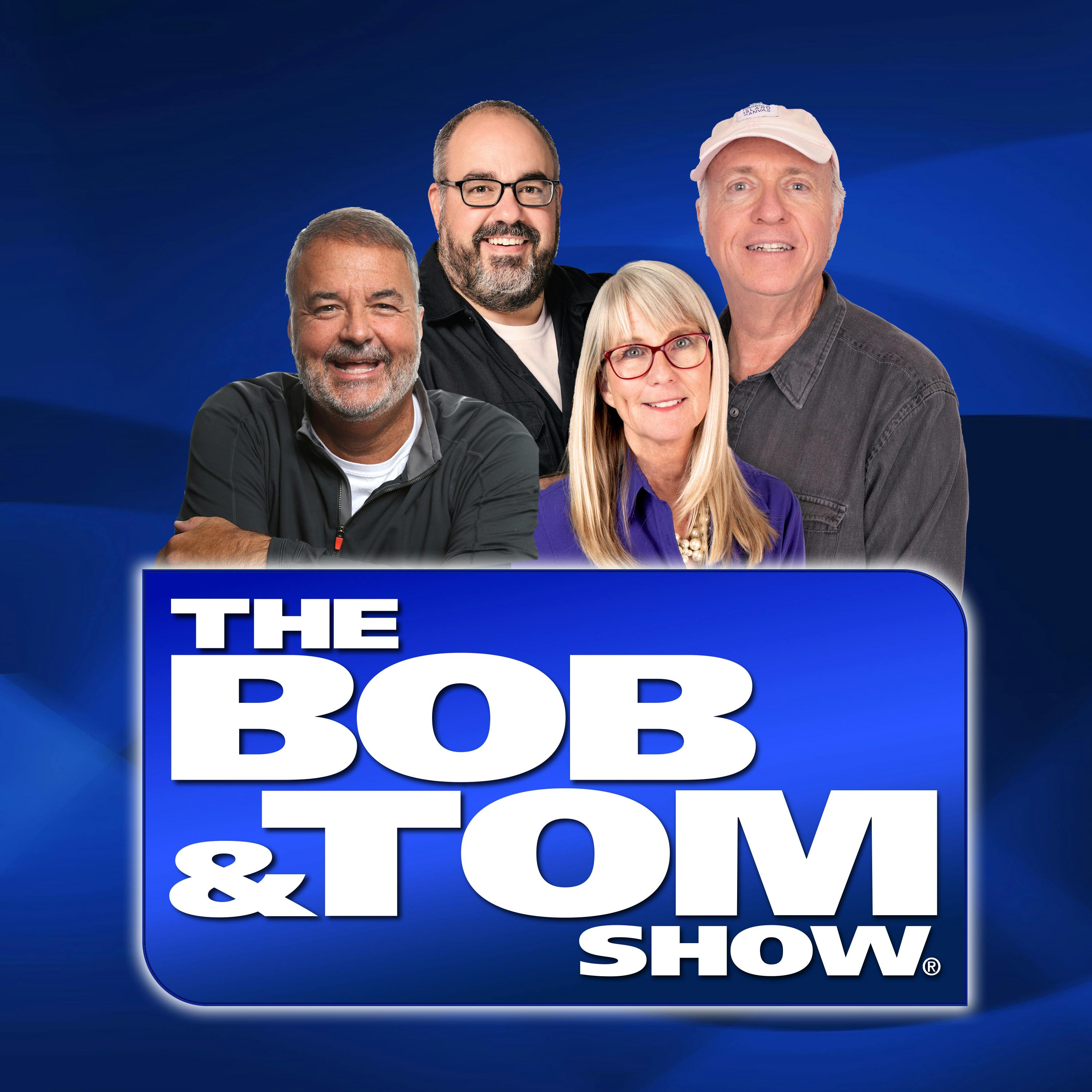TDS Time Machine | Filmmakers Pt. 2
How directors turn true stories into urgent cinema: interviews with modern filmmakers
Overview: This episode collects candid interviews with leading filmmakers — JJ Abrams, Spike Lee, Ben Affleck, Ava DuVernay, John Apatow, Ryan Coogler, and Kathryn Bigelow — about the practical craft of directing, the ethics of representing history, and the creative choices that connect past events to today's audiences. Directors explain their research methods, collaborative rooms, and the emotional toll of recreating traumatic episodes on screen.
Inside the filmmaking process and tight production schedules
JJ Abrams discusses fast-turnaround productions like Super 8, revealing the pressure of an "insanely tight post-production schedule" and the importance of trusted collaborators. Multiple guests stress the value of the writers' room as a live laboratory where ideas evolve from foggy concepts to clear story beats. These are practical lessons for independent filmmakers and production teams working under constrained timelines.
Historical storytelling that echoes today: race, protest, and contemporary parallels
Spike Lee and Ava DuVernay explain why 1970s-set films like BlacKkKlansman and Selma deliberately speak to modern racial politics. Lee describes a decision to end his film by cutting to Charlottesville 2017, intentionally connecting historical white supremacy to present-day events. DuVernay emphasizes humanizing Dr. King—showing him as strategist, prankster, and fallible leader—to counter simplified "post-racial" narratives.
Research, eyewitness testimony, and ethical obligations
Ben Affleck and Kathryn Bigelow describe the rigorous fact-checking and consultation with eyewitnesses, foreign service officers, and scholars. Affleck highlights the tribute to undercover and diplomatic service in Argo, while Bigelow frames Detroit as an opportunity to spark conversations about racial injustice, supported by historians and community voices.
Personal inspiration and storytelling as care
Ryan Coogler shares how his father’s illness and love of Rocky inspired Creed, showing how personal history informs narrative stakes. John Apatow discusses using comedy to probe mortality, and the candid, irreverent perspective comics bring to serious subjects.
- Key takeaways: Trust collaboration, center eyewitness accounts, connect past to present, and use personal truth to mobilize emotion.
- Audience impact: Films become catalysts for public conversation about race, policy, and remembrance.
For anyone researching directing techniques, social-issue cinema, or biographical adaptation, this episode offers practical insights, behind-the-scenes decision-making, and examples of how directors balance artistic vision with historical responsibility.




